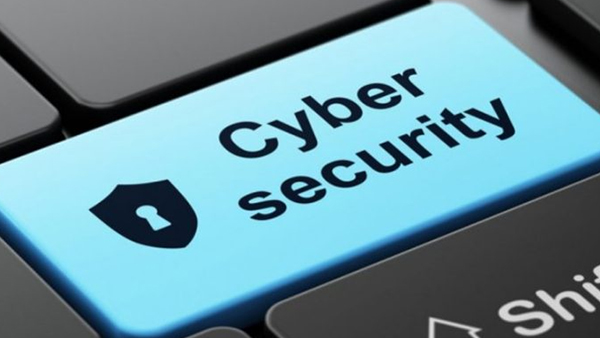|
Greetings Campus Community,
October is National Cybersecurity Awareness Month, an annual initiative to raise awareness about the importance of cybersecurity. Each week Technology Services will share tips and practices designed to improve your cybersecurity knowledge. Our goal is to promote deliberate, mindful behavior that serves to protect our information assets.
Information Security is a much-debated topic because it is developing very rapidly and touches everybody’s life. How many times a week do you read an article about hacking, cyber security issues or privacy breaches? Although there are popular buzzwords, they are also of paramount importance in our daily life at work and home.
When we are smart about our online behaviors, we not only protect ourselves but also our family, community, and workplace. We can start to be cyber-prepared by practicing these simple online safety habits every day:
-
Going home after a workday – log off your computer
-
Going for a work break – lock your computer (in Windows, use CTRL +ALT +DEL)
-
Traveling – be aware of unwanted readers looking over your shoulder
-
Think before you click – do not click on links or open suspicious email
-
Always lock your device when not in use – use a strong passcode/touch ID
- Treat your information as money – your information is valuable
Keep Updating
It is common practice for hardware and software vendors to issue regular updates patching software flaws and security vulnerabilities. Updating and patching the operating system is usually a way to fix bugs and security problems for your computer. Keeping your operating system updated is a good strategy that helps to secure your computer and, thus, your data.
Habits for an Updated Computer
Privacy
Whenever you use a digital device to browse the Internet and visit websites, you leave behind small traces of your activities. These activities can be stored both in your device and by the websites. These traces are your digital footprints.
Habits to Protect Your Privacy
-
Use two-factor authentication for online accounts
-
Take time to check the privacy settings of the services you use
-
Use encryption and encrypt files you share
-
Surf and connect on websites with https://
- Never post sensitive information like your address, birthday, or phone number publicly
Mobile Devices
As experienced users of mobile technologies, we often use our smartphones to navigate the Internet, download apps, and get updates for local services. However, mobile devices are constantly connected to the Internet so they require additional diligence.
Habits to Protect Mobile Devices
-
Lock your device with a strong passcode or touch ID when not in use
-
Connect only to secure Wi-Fi networks
-
Check your Bluetooth settings – disable when not in use
-
Scrutinize permission requests when using or installing apps
- Examine if you have disclosed your location to unwanted entities
Social Media
Social media provides the ability to interact with people, enabling users to create individual profiles, communicate with other members of the service, and share all kinds of digital files, personal thoughts and emotions. Before creating a social networking profile it is a good idea to read its terms of use and security policy carefully.
Habits to Protect Your Social Media Presence
-
Think about what you post and share
-
Never post sensitive information
-
Restrict access to your online profiles (i.e., turn off third-party application access in Facebook)
-
Use private browsing within web browsers
- Check security and privacy settings for your profile
|


